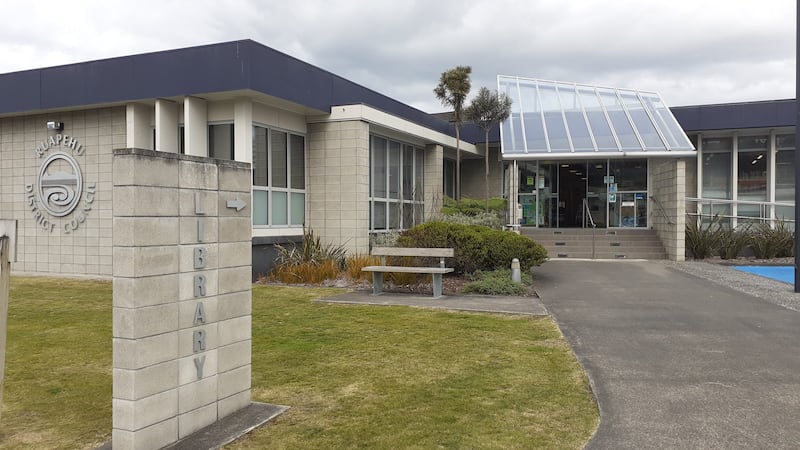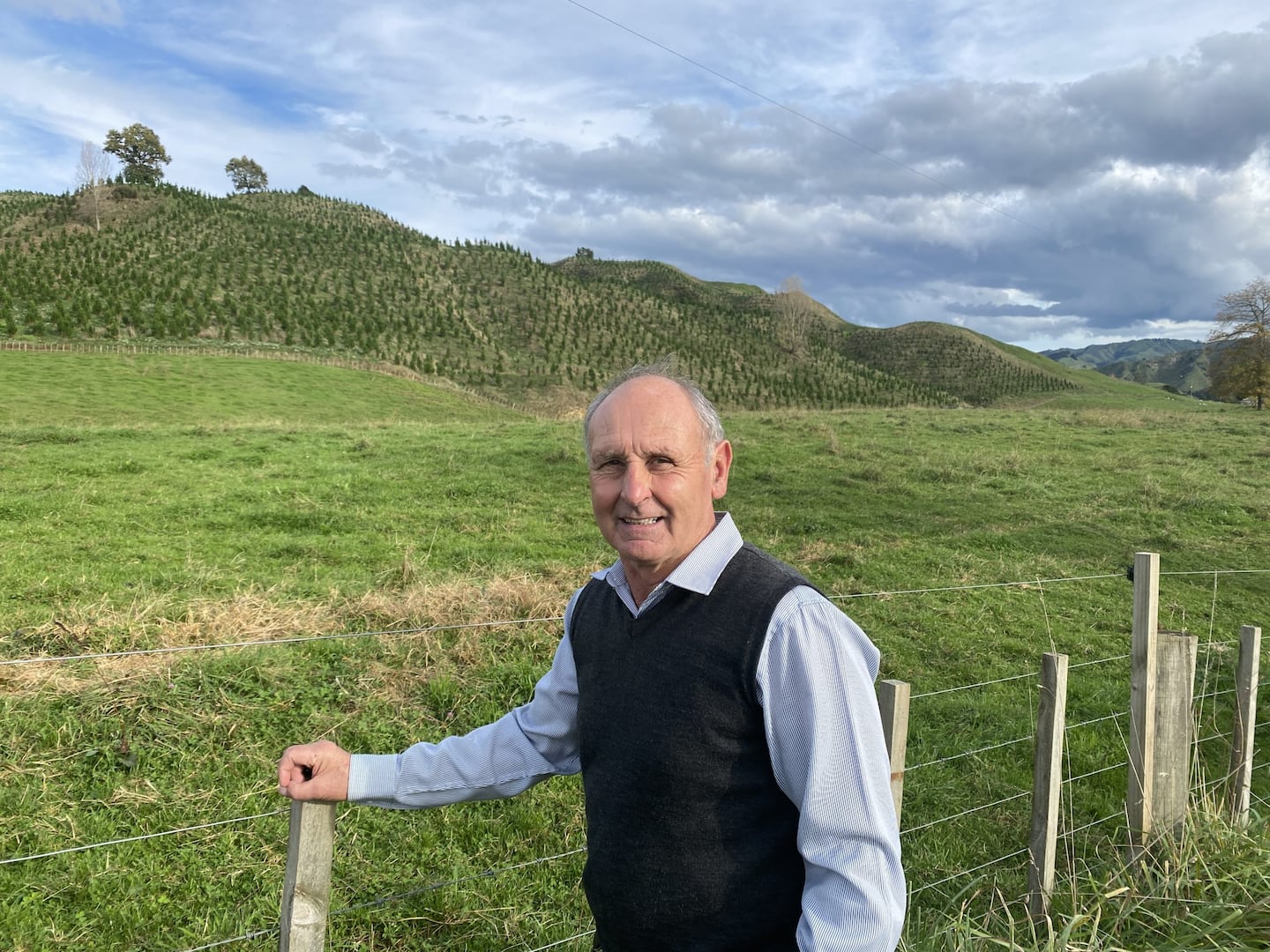A rural council which decided to have Māori wards in 2020 – before the removal of poll requirements – wants an exemption from new legislation set to become law on Wednesday.
Ruapehu mayor Weston Kirton says his council should not have to hold a binding referendum on Māori wards because the community had its say when a petition failed to gain the numbers needed to demand a poll.
In 2021, as required by law, Ruapehu District Council publicly notified the resolution to introduce Māori wards, advising voters of the right to a poll to countermand the decision.
However, a public petition did not get the required five per cent of enrolled voters – 385 people – to force a binding referendum.
“They tried, but they failed,” Kirton said.
“You could argue that means the majority of the community were comfortable with the council decision.
“The community had their say.”
More than 8500 people are enrolled to vote in the Ruapehu district.
Kirton said when the resolution was not revoked by a poll, the process to establish a Māori ward continued. That included working through the representation details of ward boundaries and the number of elected members to Māori ward seats as part of the Basis of Election Review process, which included public consultation (a submissions period and hearings).
In 2022, Labour scrapped the ability for electors to demand a poll, saying no other wards faced that requirement.

The Ruapehu council’s first Māori ward councillors – Korty Wilson, Channey Iwikau and Fiona Kahukura Hadley-Chase – were elected in October that year.
Rangitīkei District Council and Horizons Regional Council also introduced Māori wards, with their elected members taking seats in 2022.
Whanganui District Council voted last year to introduce Māori wards in 2025.
New law will now reintroduce binding referenda at next year’s local body elections, including for councils that have already introduced them.
In May, Local Government Minister Simeon Brown said councils that introduced Māori wards without polling residents would need to hold one, or ditch the wards they had set up.
“Any decision to establish or disestablish a Māori ward is one that should remain with communities. These changes ensure that local communities have a say in their governance arrangements,” Brown said.
Kirton said he went to Wellington to petition the Government in person for an exemption from the new rules.
“Our argument was to try and get a consideration from the Government – an amendment so we don’t have to go to poll next year. That is because the council made a decision, went to the community and the community did not get the numbers to oppose it.
Therefore, the council is in a strong position to keep our Māori elected members, Kirton said.
“We should not be forced into a poll. We should not be exposed to the extra cost of a referendum.”
Kirton was one of 52 mayors and chairpeople who signed a letter in May from council advocate Local Government New Zealand opposing the proposed changes to Māori wards.
“I’ve seen a change in mood and an increase in energy towards this issue. Local Government as a whole doesn’t want the Government to poke their nose into council decision-making in any area.
“There is discontent that they’re interfering with Māori wards and representation reviews.
“It’s of concern when you consider it’s the only area that they require this legislation. I honestly don’t know the reasoning behind isolating Māori wards in this way.”
If a referendum does take place at the 2025 local body elections, the results will take effect from the 2028 local government term.
Toni Boynton, the co-chairwoman of LGNZ’s Māori member group Te Maruata, said strong, sustainable relationships and robust engagement with Māori were essential to deliver good outcomes for all parts of the community.
“Local government has been working on this for decades and will continue to do so.”
LDR is local body journalism co-funded by RNZ and NZ On Air




